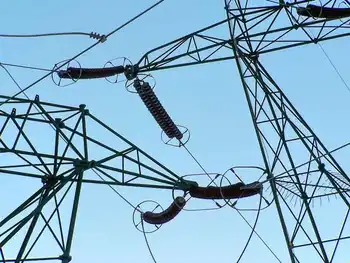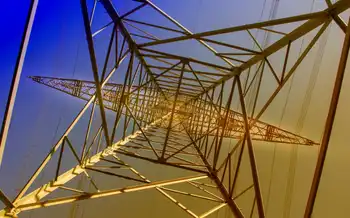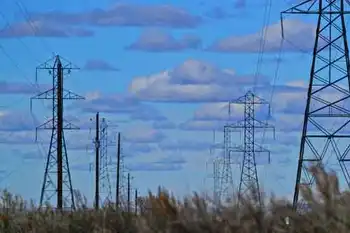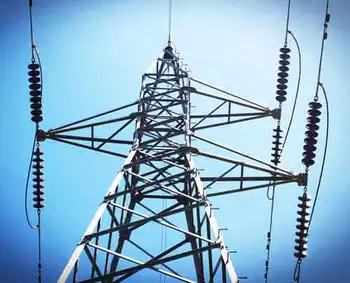Utility wants public to pay for smart meters
By San Francisco Chronicle
High Voltage Maintenance Training Online
Our customized live online or in‑person group training can be delivered to your staff at your location.

- Live Online
- 12 hours Instructor-led
- Group Training Available
Now, long before the five-year project is done, PG&E says it has found even better meters for measuring how much power each customer uses. The San Francisco company wants to switch meters - again - and have its customers pay for the upgrade.
PG&E asked California energy regulators for permission to use the latest meters, which the San Francisco company would install throughout Northern and Central California as part of its SmartMeter program. The upgrade - from the "old" new meters to the "new" new meters - would tack an additional $623 million onto the project.
If the California Public Utilities Commission agrees, the average homeowner's monthly bill would rise 26 cents.
In return, customers would get an electricity meter than can be switched on or off remotely, without a visit from one of PG&E's customer service trucks. During a power emergency, the devices also could ration electricity to a home rather than blacking it out entirely.
In short, they are better meters than the ones PG&E has been installing since November, 2006, company executives said Wednesday. The technology is improving quickly.
"We think that the industry has moved a long way, and we're quite delighted to look for more cost-effective and more-reliable upgrades," said PG&E Senior Vice President Helen Burt.
The utility also won't rule out another switch in the future, if better meters become available.
The proposed change infuriated consumer advocates at The Utility Reform Network.
California's electricity prices are already too high, they said. And while 26 cents per month may not seem like much, it's not the only new charge that could soon show up on utility bills. The state Public Utilities Commission, for example, is considering a proposal to raise bills by 30 cents per month to pay for a new climate-change research institute organized by the University of California.
"You've got 30 cents yesterday for the UC thing, and 26 cents for the meters today," said TURN spokeswoman Mindy Spatt. "It adds up."
PG&E representatives say the meters will eventually save customers money. They will almost certainly change the way Californians use and pay for power.
The SmartMeters - both the old and the new - can track energy usage house by house, hour by hour. As a result, utility customers in the future will probably pay different prices for power used at different times of day, saving cash if they use less electricity during the afternoon and more at night.
The meters PG&E has installed in the past year can be read remotely, without sending a PG&E employee to every customer's home. The new ones can do that too, as well as start or stop power via remote control. They also can be programmed with software that, in the future, could allow them to control home appliances, turning off air conditioners and washing machines or changing their power levels as needed.
The half moon-shaped device is added to an existing meter to make it a SmartMeter.












